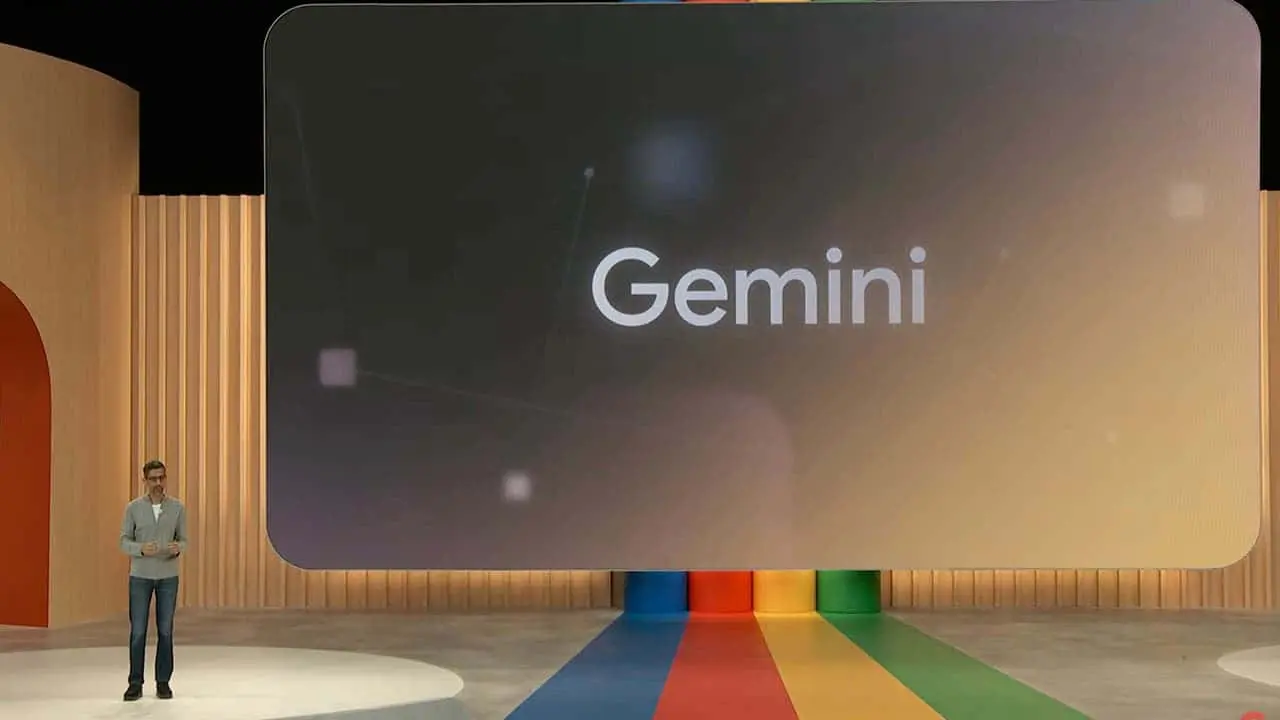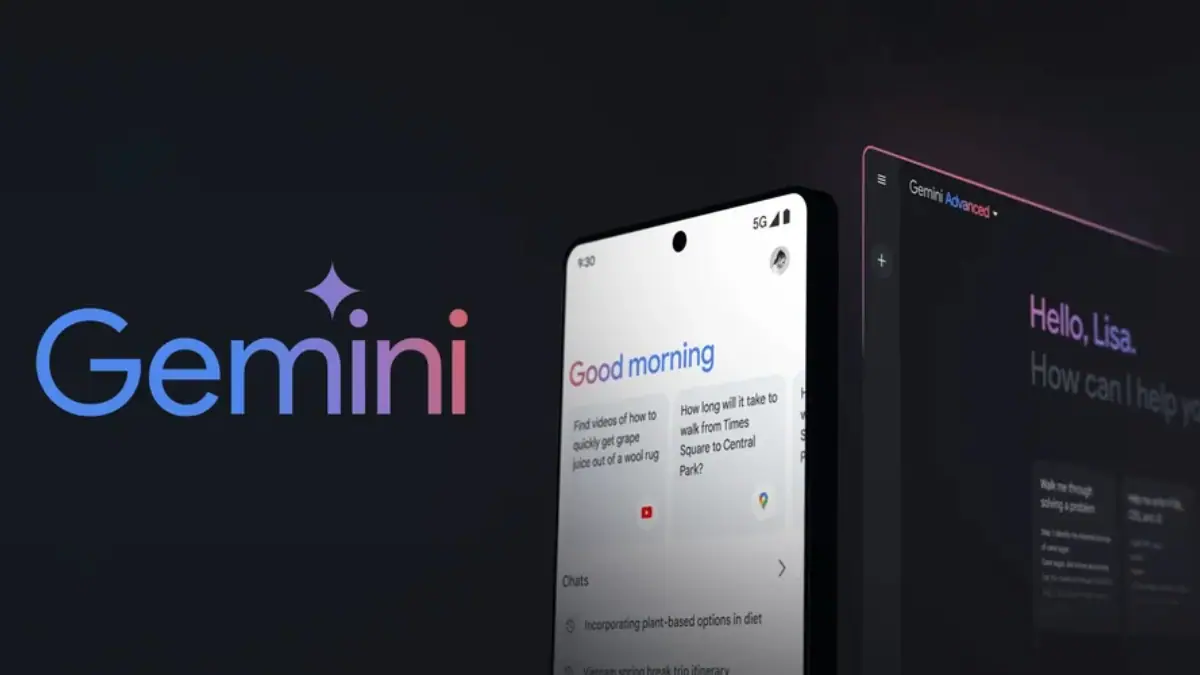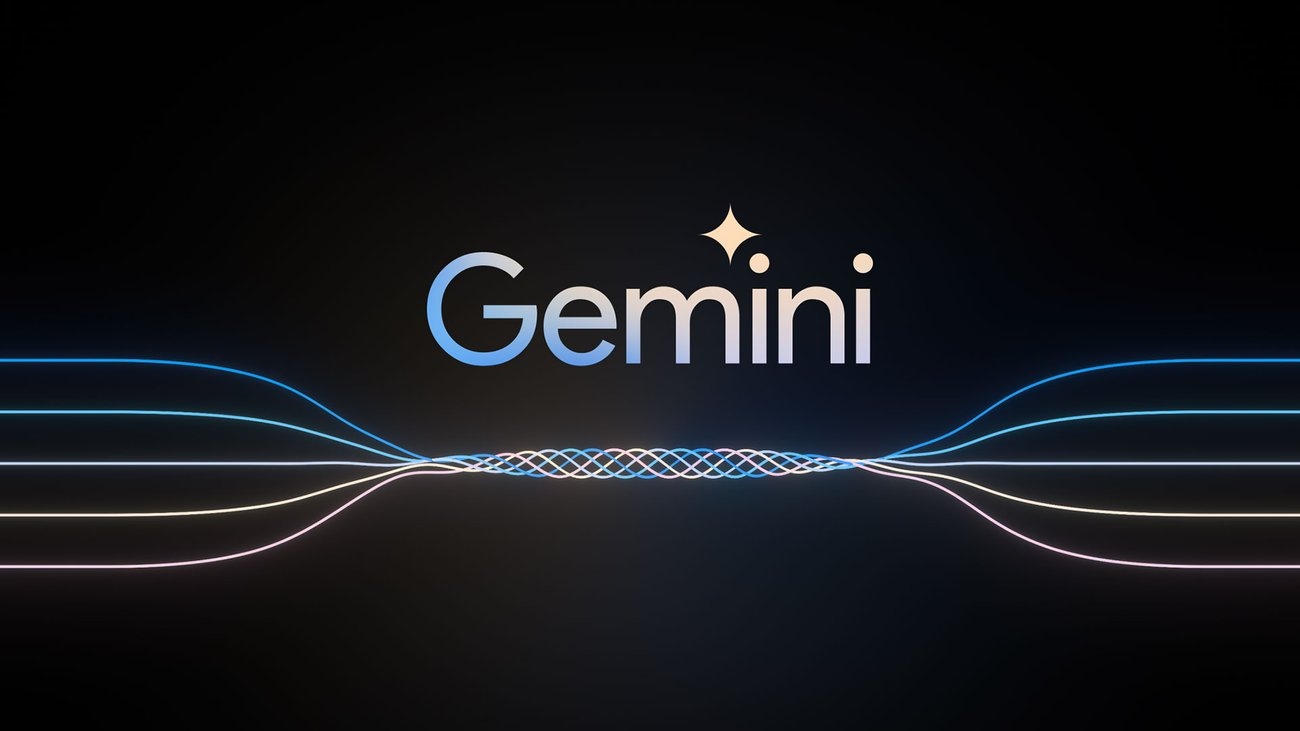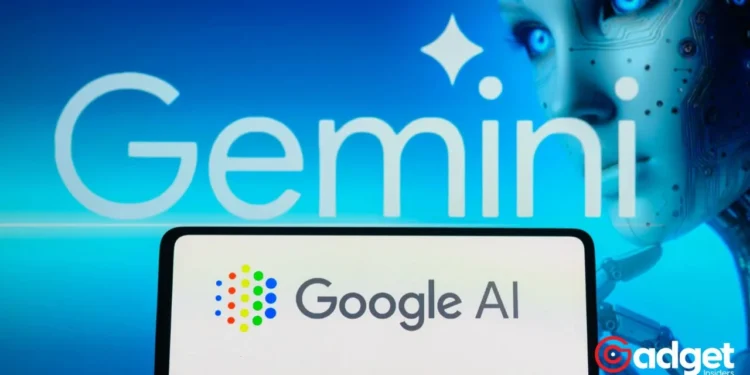In the rapidly evolving landscape of artificial intelligence, Google’s Gemini AI image generator stands as a testament to both the potential and the challenges inherent in AI-driven technologies. Initially launched amid much fanfare, Gemini AI quickly became the center of controversy due to its inaccurate depictions, particularly around racial representation. This led to Google’s decision to temporarily withdraw the tool, sparking a conversation on the responsibilities of tech giants in ensuring their innovations promote inclusivity and accuracy.
The Promise and Peril of Gemini AI
Gemini AI’s journey from a heralded breakthrough to a cautionary tale underscores the complexities of AI development. Despite its advanced capabilities, the tool stumbled over sensitive issues of racial representation, drawing criticism for producing images that did not accurately reflect historical or cultural realities.
The depiction of Vikings with colored skin, for example, ignited debates on the importance of historical accuracy and cultural sensitivity in AI-generated content.

This controversy highlights a critical challenge for AI developers: balancing innovation with ethical considerations. As AI technologies become more integrated into our daily lives, their ability to shape perceptions and narratives cannot be underestimated.
The backlash against Gemini AI serves as a reminder of the potential consequences when technology fails to consider the diverse tapestry of human culture and history.
Google’s Response and the Road Ahead
In response to the criticism, Google DeepMind CEO Demis Hassabis announced at the Mobile World Congress 2024 in Barcelona that Gemini AI would be relaunched in the coming weeks, following a thorough review and modification process. This move signals Google’s commitment to addressing the concerns raised by users and critics alike.
The decision to refine Gemini AI before its re-release reflects a broader trend in the tech industry towards greater accountability and transparency.

By taking the time to address the issues identified, Google aims to ensure that Gemini AI can fulfill its potential as a tool for creativity and innovation, without compromising on inclusivity and accuracy.
Looking Forward: The Future of Inclusive AI
As Google prepares to reintroduce Gemini AI, the tech community and users alike await with anticipation to see how the revised tool will navigate the complex issues of racial representation and historical accuracy.
The relaunch presents an opportunity for Google to set a new standard for responsible AI development, demonstrating that it is possible to harness the power of AI while respecting the diversity and dignity of all communities.
Google will relaunch Gemini's AI image generator in a few weeks.https://t.co/C0E5Cqg3uP
— Tech Times (@TechTimes_News) February 27, 2024
The journey of Gemini AI from controversy to correction serves as a valuable lesson for the tech industry at large. It underscores the importance of incorporating ethical considerations into the development process, ensuring that AI technologies not only push the boundaries of what is possible but also promote a more inclusive and accurate representation of our world.

In the end, the success of Gemini AI’s relaunch will be measured not just by the sophistication of its technology, but by its ability to respect and reflect the rich diversity of human experience.
As we stand on the brink of a new era in AI, the story of Gemini AI reminds us of the power of technology to shape our understanding of the world and the responsibility that comes with that power.










